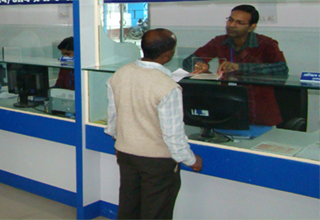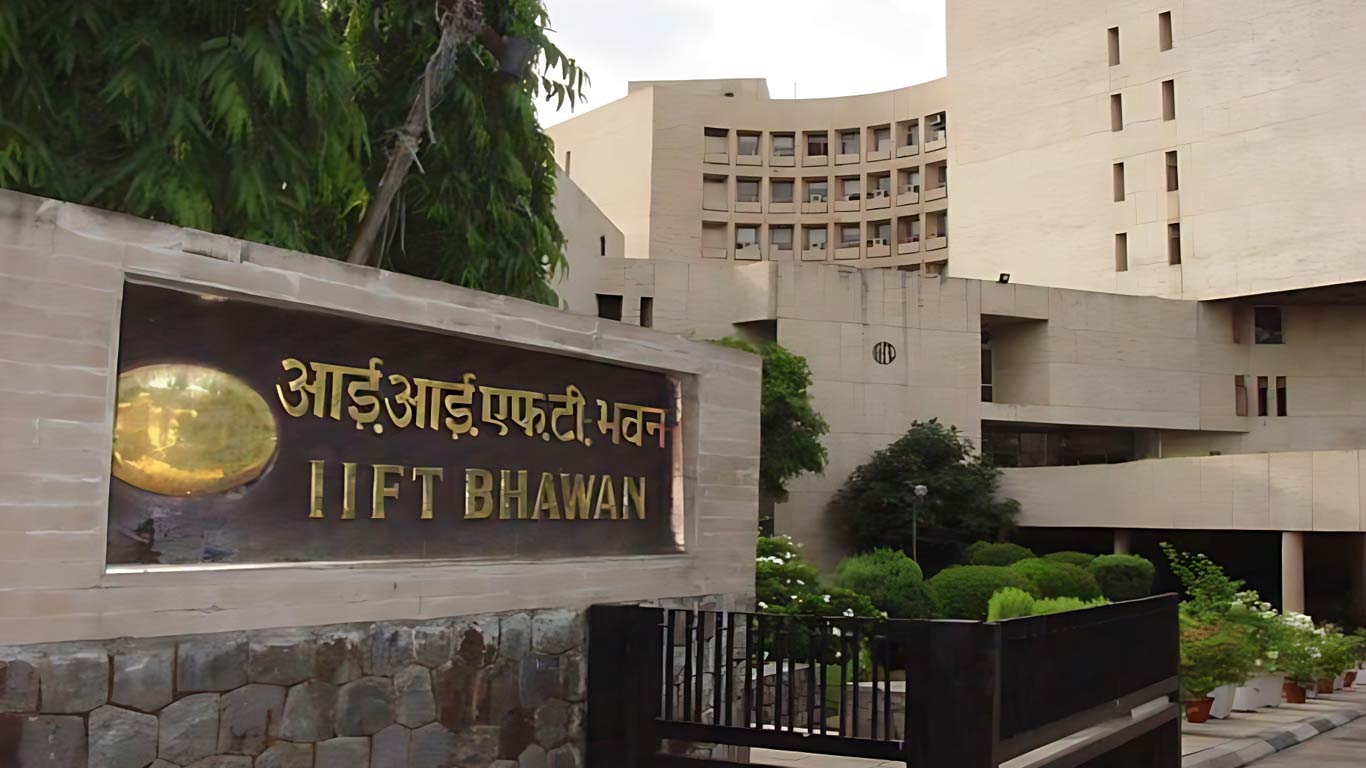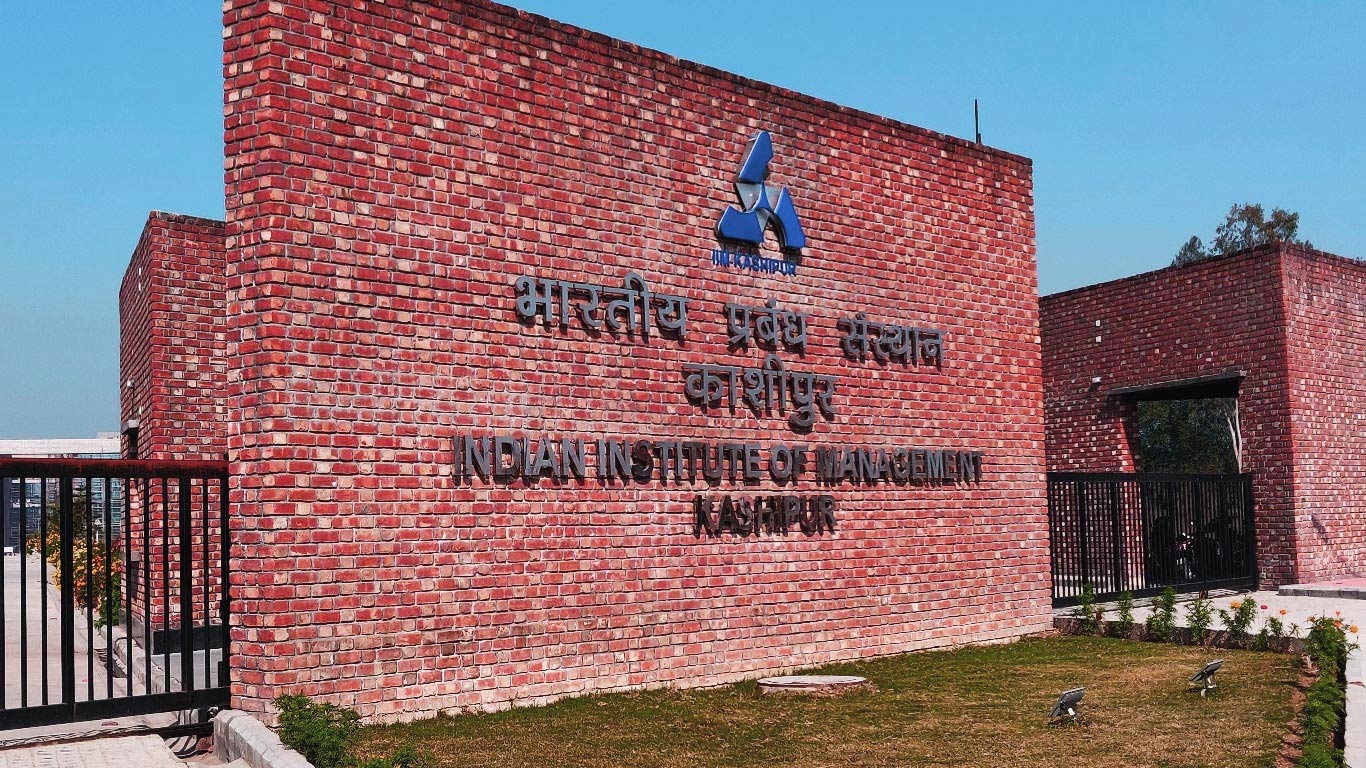All you want to know about Payment Banks
Updated: Aug 20, 2015 02:33:44pm

Payment Banks are just like any other banks which can - take deposits, pay bills, issue cheques and drafts etc. The only thing they can't do is lending. Payment banks can only lend to the government, hence it is being considered as the safest bank. Like regular banks, people can open current and savings accounts with them but the balance they maintain can't exceed Rs 1,00,000. The banks can also issue ATM and debit cards but not credit cards.
Objective of Payment Banks
Payments banks are non-full service banks, whose main objective is to accelerate financial inclusion. These banks have to use the word 'Payments Bank' in its name which will differentiate it from other banks. They will need to have a minimum paid-up equity capital requirement of Rs 100 crore.
Where will they be set-up?
They will mostly be set up in rural areas to facilitate financial inclusion by serving the unbanked. Payments banks cannot form subsidiaries or undertake any non-banking activities.
What services will they provide?
Payments banks are targeting migrant labourers, low income households, small businesses, and other unorganised sector entities. It will provide savings accounts to its customers and will accept deposits up to Rs 1 lakh in the beginning. Payments and remittance services through various channels can be done. Customers can buy insurance and mutual funds.
Other activities of Payment Banks
Will let mobile firms, supermarket chains and others, cater to small scale businesses. The deposits made in payments banks need to be invested in government bonds. They will be allowed to have foreign shareholding.
Eligibility for setting up Payment Banks
Existing pre-paid payment instrument issuers, individuals, professionals, NBFCs, corporate business correspondents, telecom companies, super-market chains, real estate sector cooperatives that are owned and controlled by residents and public sector entities may apply. (KNN Bureau)











